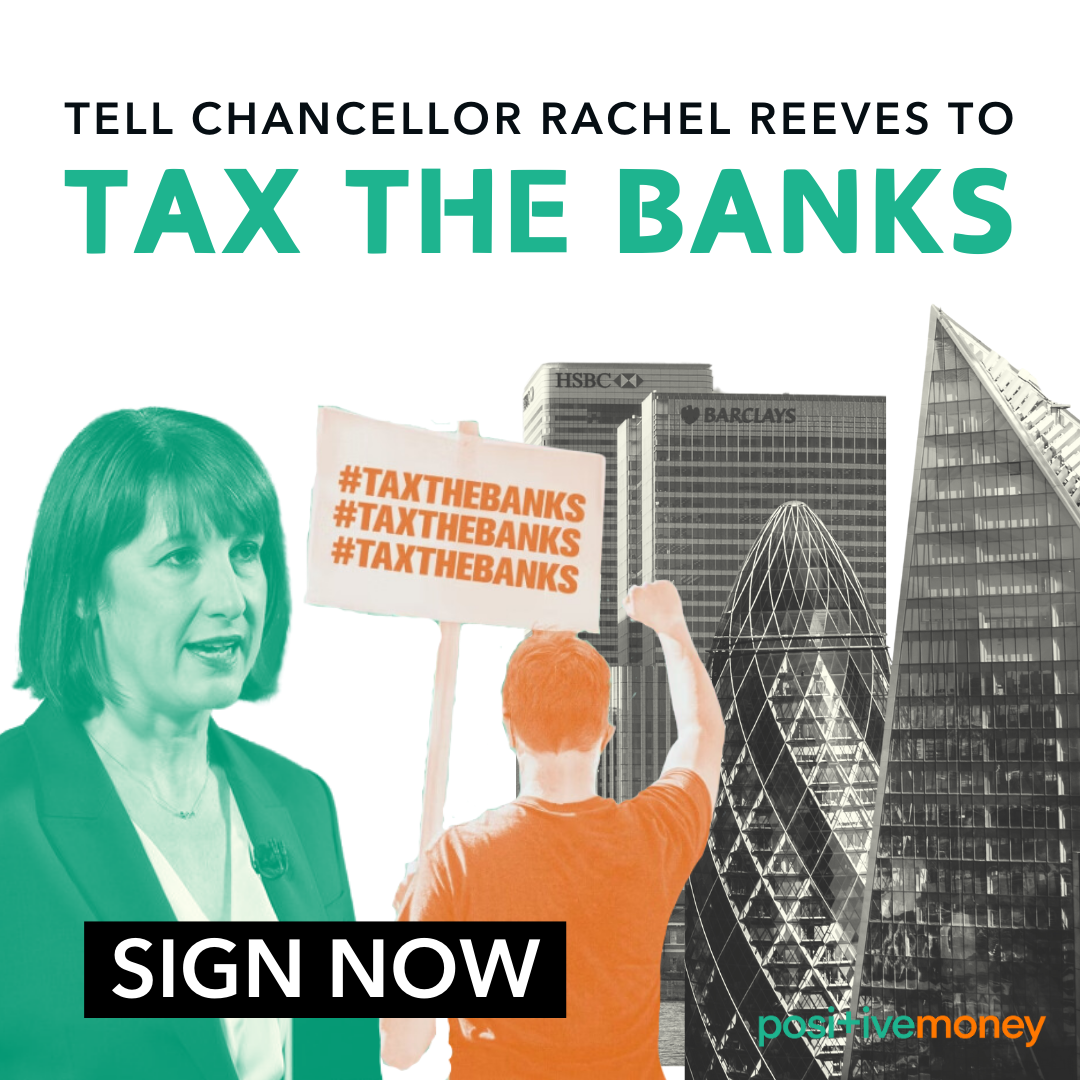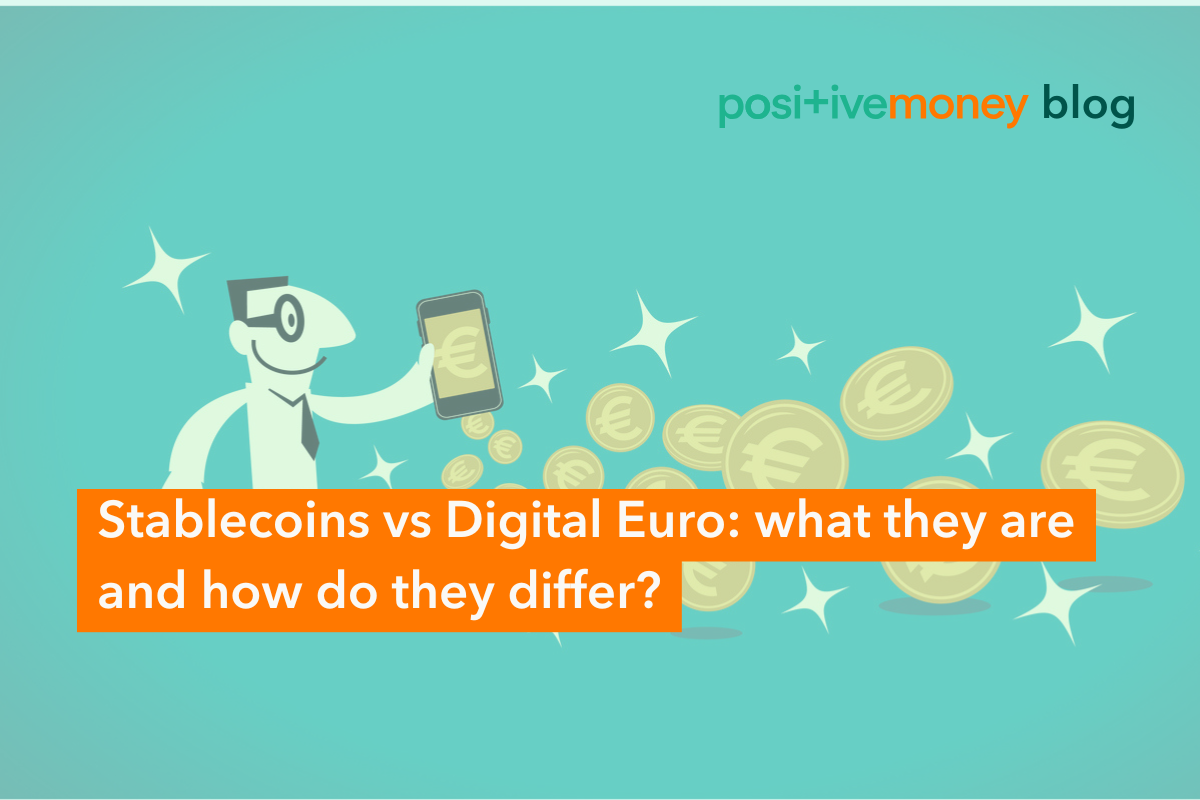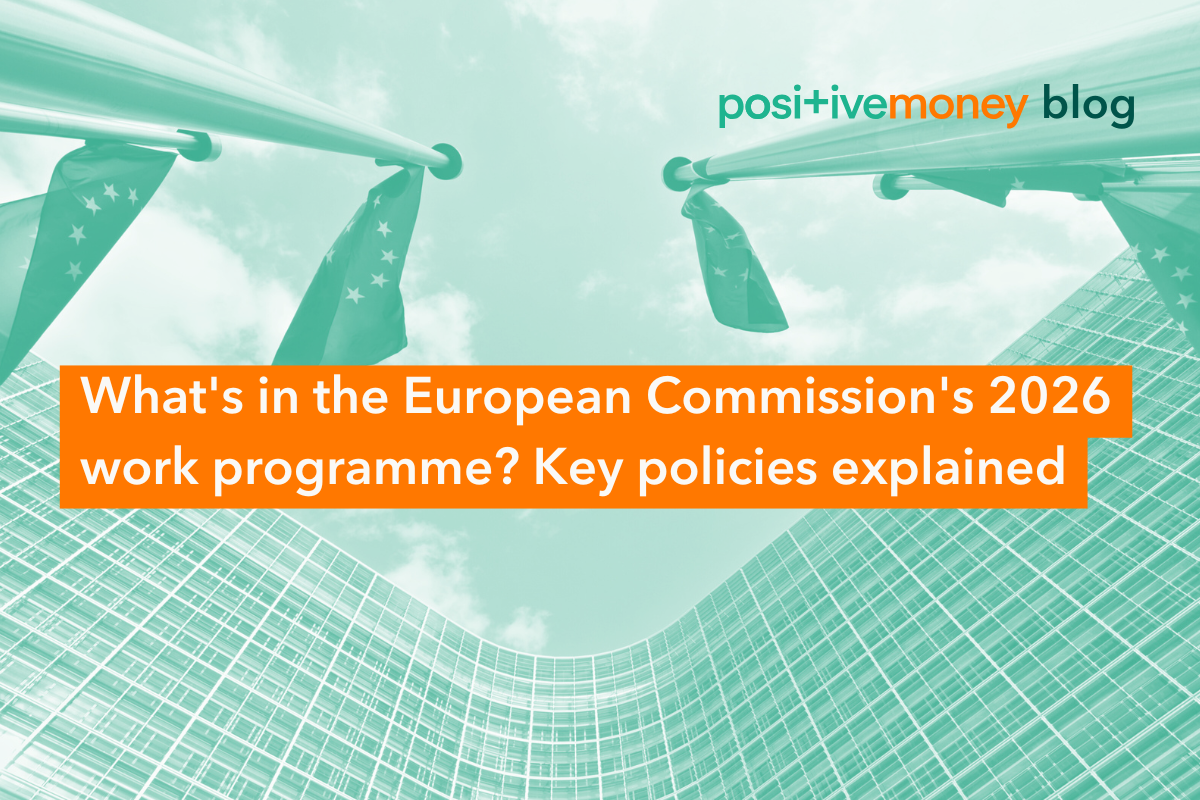
The problem
The effects of climate change are becoming more severe and frequent, threatening ecosystems and human livelihoods worldwide. But banks and investors are still putting money into polluting activities like fossil fuels, because they bring short-term profits for their shareholders. We know this is not sustainable in the long run. Our elected representatives and public financial institutions, such as central banks, have the tools to change this game. They set the rules for banks and supervise the wider financial system.
What we need now
The European Central Bank (ECB) has the power to influence where money flows to in the economy, and by doing so, it could choose to encourage investments in sustainability over fossil fuels.
The ECB’s main objective is to keep prices stable. But the ECB should also support the EU’s wider goals, including climate action, as long as this does not interfere with its ability to maintain price stability. By ratifying the Paris Agreement, the EU and its institutions, including the ECB, committed to limit global warming to 1.5°C. And because it influences how money flows in the economy, the ECB can be a game-changer in protecting our planet. Continuing to favour fossil fuel investments is not only damaging to our planet, but it also threatens global economic stability. Burning fossil fuels is amongst the biggest causes of price increases worldwide, so how can we fight inflation without phasing them out?
The good news is that there are readily available solutions for the ECB to steer us towards a more sustainable future. The ECB can encourage investments in clean energy such as renewables and energy efficiency. How? Here are our ideas:
Making green investments cheaper: We advocate for the adoption of lower interest rates on loans for green projects, which would accelerate investments in clean energy and energy-efficient renovations. This would help reduce greenhouse gas emissions, fight inflation in the long run, and even guarantee lower energy bills. By making funding for retrofitting homes and clean energy easily available, EU governments and central banks could boost the Renovation Wave and the green transition.
Discouraging fossil fuel investments: The ECB could limit or exclude certain assets from its programmes, making them less appealing for banks and investors. We suggest changing the rules for what banks can use as collateral, with the aim of stopping support for fossil fuel assets and encouraging investments in greener options.
Greening the ECB: The ECB is, and always has been, a climate policy maker, and by prioritising green bonds and other sustainable assets for its purchases, it can transform its investment portfolio into a model of environmental responsibility.
Strengthening ESG: We are pushing for robust Environmental, Social and Governance (ESG) standards and transparent reporting to ensure that financial flows genuinely support sustainable practices. People have the right to access clear information about companies and make sure that their investments are really helping to tackle climate change and benefit society.
In 2025, the ECB will conduct an important strategy review to assess whether its strategy is still appropriate for the current EU economic challenges, including climate change and the need to transition to a green economy. This is a golden opportunity to advance our campaign.
Our call for lower interest rates to stimulate green investments has been echoed by different stakeholders, including civil society and heads of state. This remains a key battlefront for us. The ECB has reiterated its commitment to climate and nature in its recent climate plan. Now it’s time to shift from words to bold actions.


